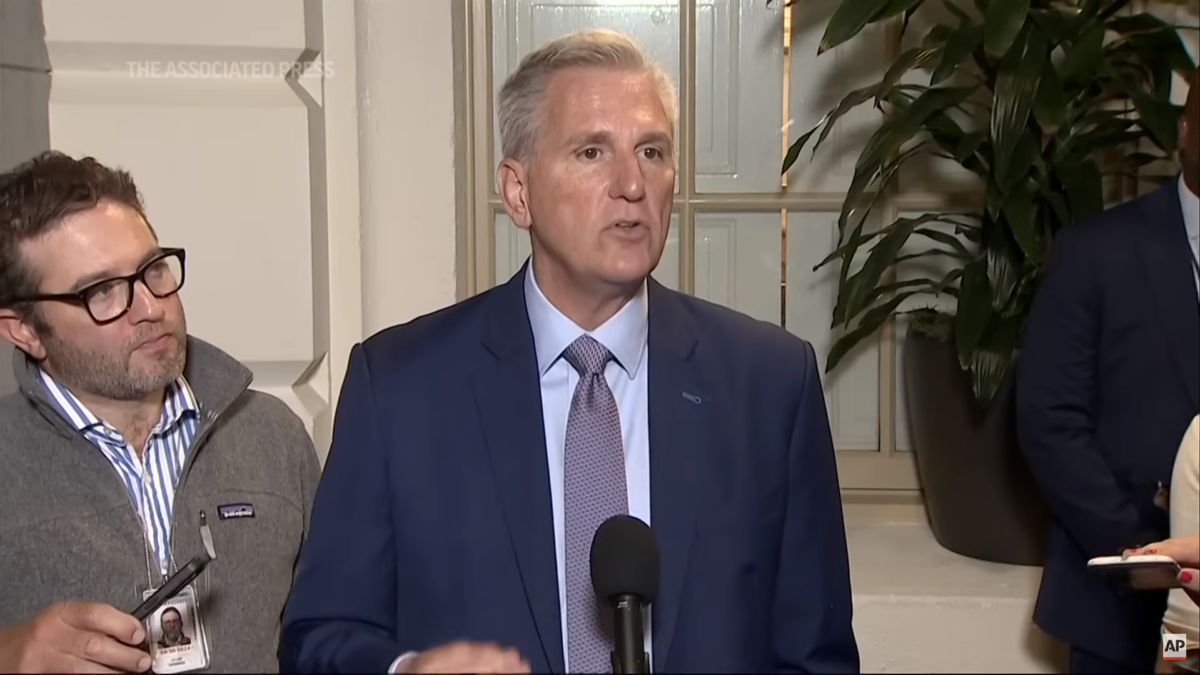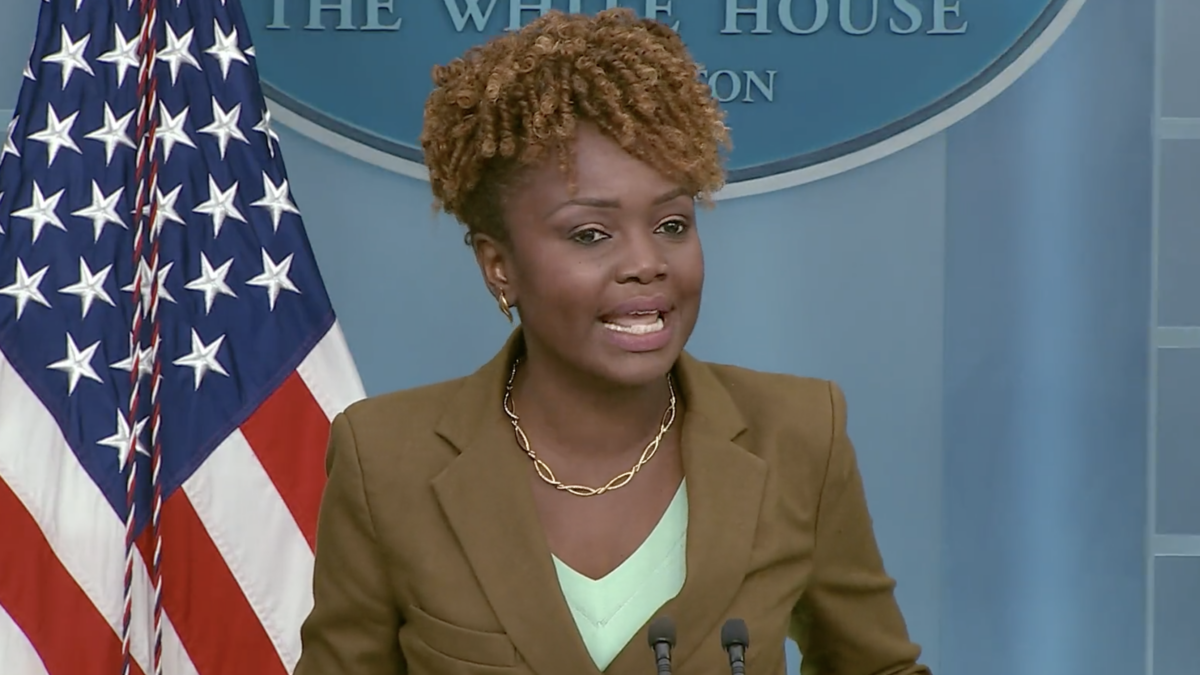
Democrats have their “stimulus” plan enacted into law, but how will Congress pay for its $1.9 trillion (plus interest) in debt? President Joe Biden may have inadvertently given a hint in his infamous 2009 malapropism about the nation needing to spend money to keep from going bankrupt.
Biden originally made his comments about Obamacare, but they may also apply to a potential strategy that Democratic leaders could use, which would hold the nation’s debt limit hostage to pass another massive spending spree.
Background on the Debt Limit
A budget and spending agreement signed into law in 2019 suspended the nation’s debt limit through July 31. On August 1, the debt limit will reset at its new level, likely north of $28 trillion, at which point the Treasury Department will use extraordinary measures to remain below the new statutory limit.
Based on past experience, extraordinary measures will create about $300 billion of fiscal headroom until Congress raises the limit. But with Washington estimated to run a deficit of more than $3.3 trillion this fiscal year, extraordinary measures will not buy much additional time. As a result, Congress could need to raise the debt limit prior to its August recess.
Three Options on the Debt Limit
Democrats have three options for a debt limit increase. They could negotiate a bipartisan compromise to obtain the 10 Republican votes required to pass an increase under regular order in the Senate. But Senate Republicans may want to couple fiscal and entitlement reforms with a debt limit increase.
They have several obvious places to look, starting with the $709.8 billion in spending in the “COVID relief” measure not estimated to be spent until 2022 or later. A bipartisan debt limit bill could also examine serious reforms to Medicare, long on a shaky financial footing and scheduled for official insolvency within the next five years.
The most straight-forward way for Democrats to raise the debt ceiling, a stand-alone bill considered under budget reconciliation, also seems the least likely. While budget reconciliation procedures allow Democrats to pass it with 50 Senate votes from within their own party, a stand-alone debt limit increase would give them full ownership of a politically combustible issue, and could prompt objections by moderate Democrats concerned about rapidly rising federal debt.
Instead, Democrats seem likely to attach a debt limit increase to a broader budget reconciliation bill containing another major tranche of new federal spending. Senate Majority Leader Chuck Schumer, D-N.Y., has already indicated his desire to devote the party’s next reconciliation bill to an estimated $3 trillion infrastructure package.
New Levels of Irresponsibility
Attaching a debt limit increase to a multi-trillion-dollar reconciliation bill would set new precedents for fiscal irresponsibility. Of the 59 debt limit bills Congress has passed since 1978, only four have passed via budget reconciliation. Each of those four bills, including the Balanced Budget Act of 1997, reduced rather than increased the federal deficit.
Instead of using reconciliation to reduce deficits, Democrats could use their next reconciliation bill to pass a deficit-funded measure larded up with various “green” incentives and much more besides. Attaching a debt limit increase to that bill would attempt to compel action on the measure—Congress would have to agree to spend more money, in the form of the multi-trillion-dollar infrastructure package, to keep the nation from going bankrupt on its debts.
Congress has attached debt limit increases to major spending bills before, including the 2008 legislation that created the TARP program and the 2009 “stimulus.” But in both of those cases, Treasury had significant fiscal headroom to maneuver before reaching the debt ceiling, effectively making a further increase an insurance policy. By contrast, this summer could see Schumer and Democrats using the impending debt limit deadline as leverage to force their next reconciliation package over the finish line.
During the Obama years, Democrats attacked Republicans for hostage-taking when conservatives coupled fiscal reforms to debt limit increases. The GOP has not always shown discipline on federal spending, whether on its track record over the past four years or its renewed embrace of earmarks. That said, Republicans would look like paragons of fiscal virtue if Schumer and Biden hold the debt limit hostage to ram through yet another budget-busting bill.









